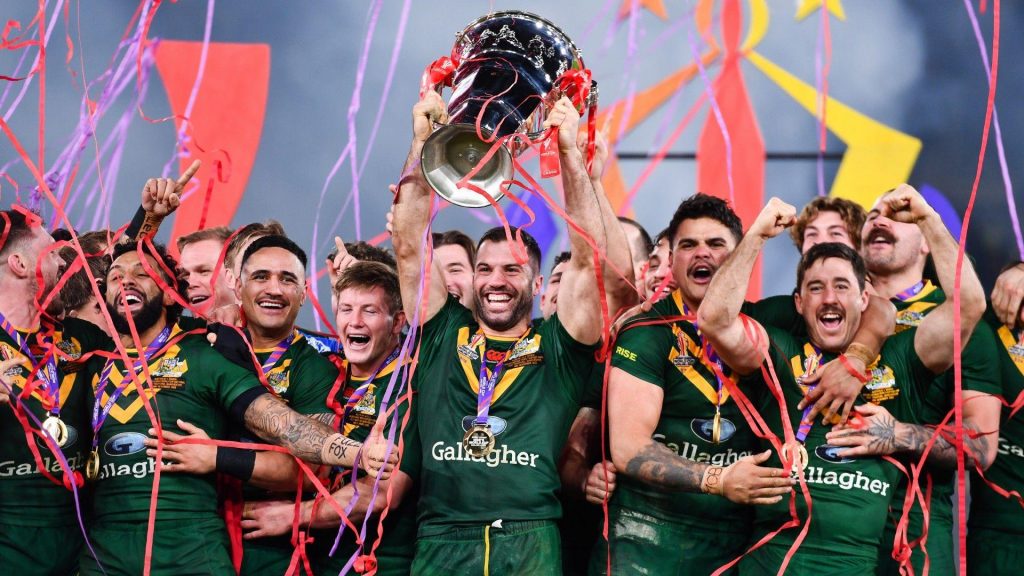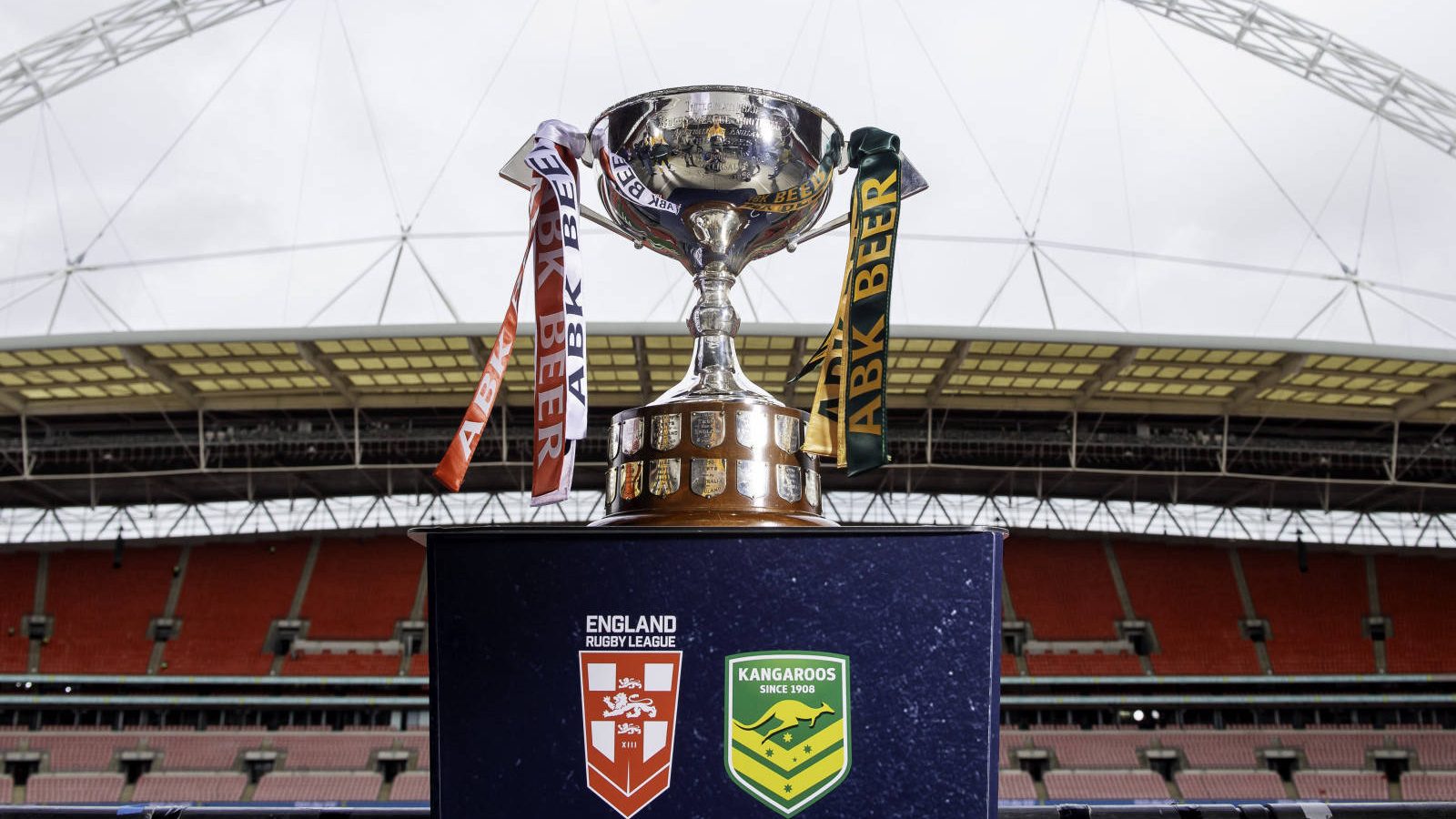The Ashes finally returned after twenty-two years of “maybe next year” noises, and for once, rugby league got to dress up and feel important. Wembley was packed with more than 60,000 fans. BBC cameras rolling at a sensible time of day. People who had not watched a game since Sam Burgess still had two working shoulders, suddenly became overnight experts on England’s spine. For visibility, this was a win before a ball was even kicked.
Then the whistle went, and Australia reminded everyone why they are Australia.
The Kangaroos took the series 3-0. The opener at Wembley was the painful one, because England actually had the atmosphere, the crowd, and the hype. What they did not have was Reece Walsh, who turned up playing like he had decided to win the Ashes on his own. Two tries, more than two hundred metres, and the swagger of a man taking someone else’s birthday cake. Angus Crichton helped himself to a couple too, while England managed one lonely try and spent long stretches hanging on.

To be fair, there were English highlights sprinkled in. Harry Smith kept things ticking in the second Test with his kicking. George Williams tried to lead, even if he spent too much time fighting uphill. Jack Welsby had a quieter series than anyone expected, but the talent is still obvious. The NRL-based players in the squad helped add some steel, although even they looked a bit shocked by the pace of things at times.
A series that made England visible again
The audience loved the first couple of weeks, though. Almost a million people tuned into the opener, which is basically unheard of for rugby league outside a World Cup. The second Test held firm, too. The third fell away, but that is what happens when the series is already gone and everyone is emotionally protecting themselves.
If nothing else, English rugby league reminded the country that it exists, that it can pull huge crowds, and that if broadcasters actually put it in front of people, they might watch. The challenge is making sure this does not become one of those moments everyone forgets by March. Visibility without follow-through is just a very well-lit stumble.
Who leads England into the World Cup?
Which brings us to Shaun Wane. He says he is sticking around. After a 3-0 home series loss, he probably has to say that. But with the World Cup coming next year, the conversation has already started. Some people want a total reboot, someone younger or more ambitious. If the RFL did decide to change things, a few names are going to get thrown about.
Paul Wellens is one. He is already respected, he knows the England setup, and he has the calm, sensible sort of face that boards love when things get messy. Lee Briers is another, especially if the RFL wants someone attack-minded who has done time in the NRL systems. Adrian Lam will get mentioned simply because he wins things and tends to squeeze the best out of players. A more left-field shout might be James Ford, the kind of coach who is highly rated for development and long-term planning. And there will always be someone who says, “What about an NRL assistant?” to sound clever.
Whether any of them would actually take the job is another question entirely.
There is an argument for keeping Wane, too. He knows the group. He knows the gap they are trying to close. A new coach less than twelve months before a World Cup is a risk, even if it might tempt people who want a fresh direction. England’s problems are not just tactical anyway. The talent pool is good, but not as deep as Australia’s. The week-to-week intensity of Super League is not the same as the NRL. Sometimes it felt like England were playing with effort and pride, and Australia were playing with gears England doesn’t have yet.
The important part is that this Ashes series, for all the rough edges, might turn out to be exactly what England needed. Rugby league was visible. People talked about it. Kids saw full stadiums. And England got a brutally honest picture of where they stand heading into next year’s World Cup.
If the sport builds from this, the 2025 Ashes will be remembered as the moment England stepped back onto the big stage. If not, it will be remembered as the time we sold out Wembley and then spent eighty minutes trying to stop Reece Walsh from ruining our lives.
Let’s hope someone does the right rebuilding work now, while the spotlight is still warm. So tell me, what do you think England actually needs before the World Cup rolls around next year: new ideas, new faces, or just a bit of belief and a full pre-season without Reece Walsh haunting their dreams?


Leave a Reply